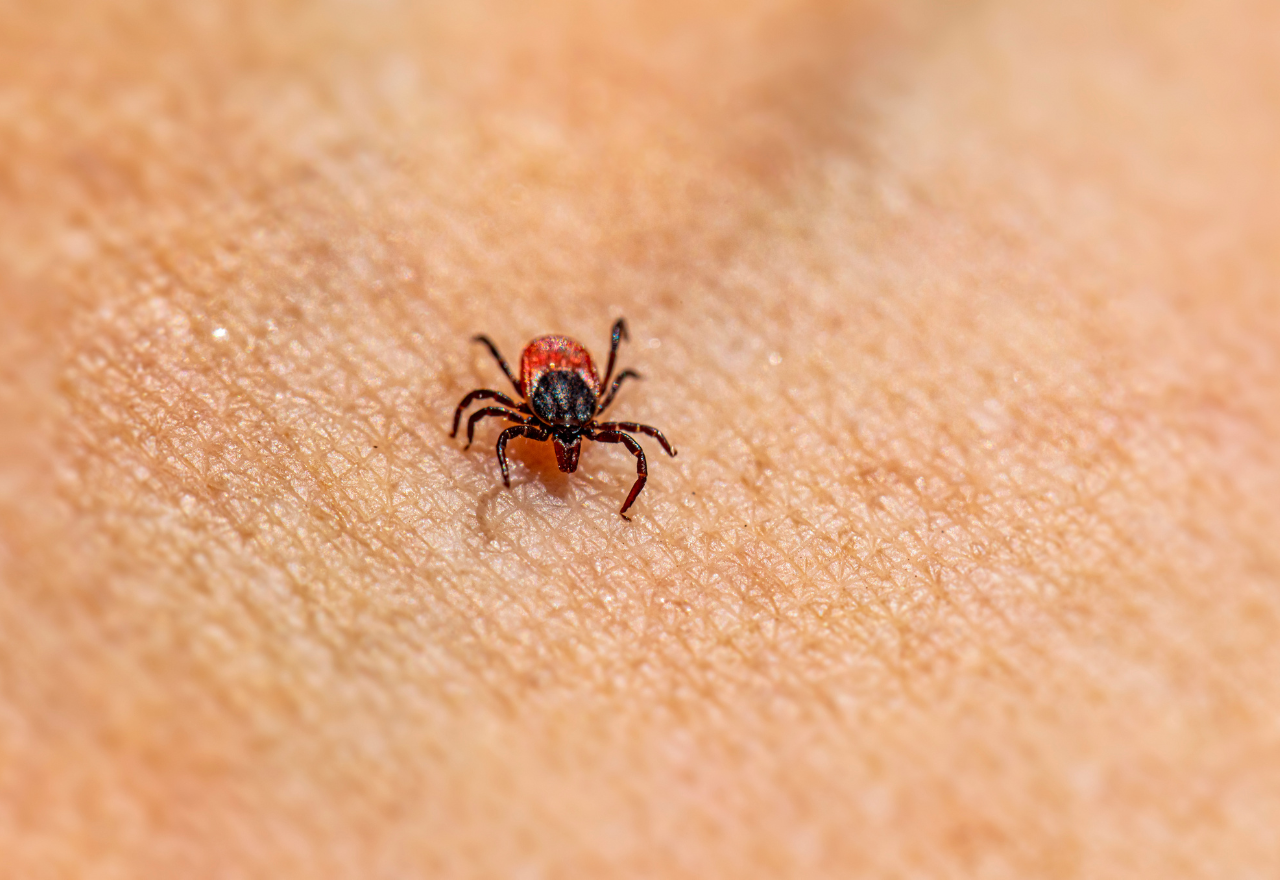Residents urged to protect against tick bites after hospitalisations
25 November 2025, 8:02 PM

Northern NSW Local Health District (NNSWLHD) is urging residents to take precautions against tick bites, following three recent cases of tick-related anaphylaxis in local hospitals.
Tick anaphylaxis is a severe allergic reaction that can occur immediately after being bitten by an adult tick. Symptoms may include difficulty breathing, swelling of the face or throat, hives, dizziness and fainting. Immediate treatment with an adrenaline autoinjector (such as an EpiPen) and calling Triple Zero (000) is critical.
People who know they are allergic to ticks should always carry an adrenaline autoinjector and have an anaphylaxis action plan.
While most tick bites are harmless, they can occasionally lead to mammalian meat allergy and some rare bacterial illnesses.
Robin Auld, Associate Director of North Coast Population and Public Health said preventing tick bites and knowing how to remove ticks safely were key to prevent illness.
“Protect yourself when outdoors by applying insect repellent and wearing long sleeves and pants, especially in bushland or areas with tall grass,” Mr Auld said.
“Check your body for ticks after outdoor activities, particularly your scalp, underarms and groin, and avoid sitting or lying in long grass or leaf litter.
“If you are bitten by a tick, leave it in place and do not disturb. Freeze the tick using ether-containing sprays such as Medi Freeze before removing. Ticks should be removed as soon as possible to prevent allergic reaction.
“For smaller ticks, a permethrin-based cream like Lyclear can be applied. Both are available over the counter at pharmacies.”
For more information on tick bite prevention, management, and recognising allergic reactions, visit: Tick bite diseases and symptoms attributed to tick bites | Australian Government Department of Health, Disability and Ageing.
DENTISTS/DENTURES


